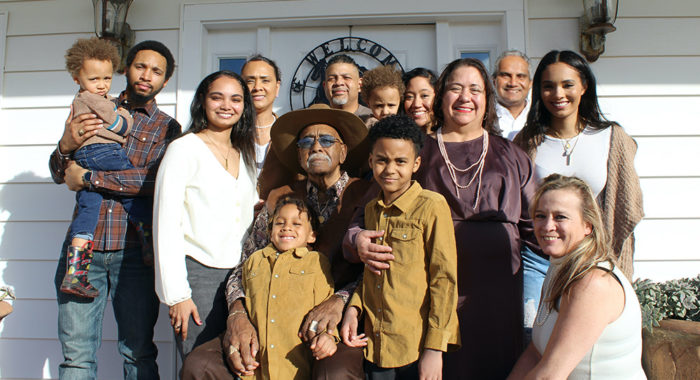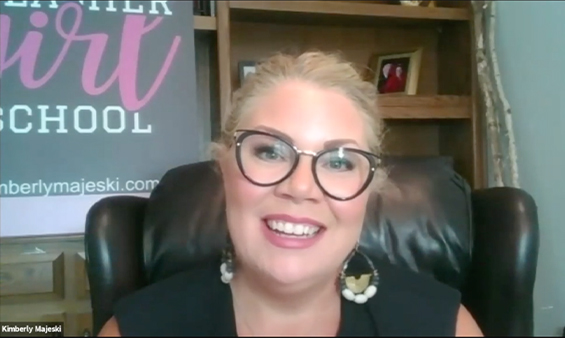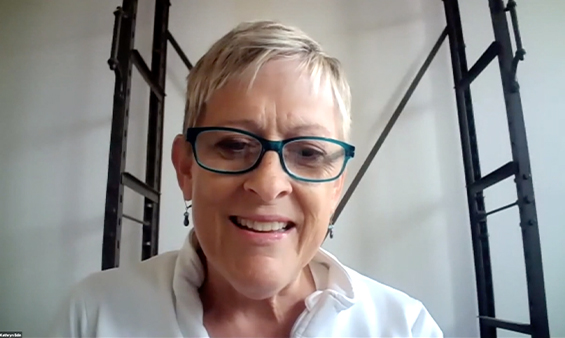It’s tough to raise kids today. We all know it. As a father of two boys, I feel that pressure constantly. We want to make the best decisions possible for our children. But today — especially in the bewildering world of 21st century entertainment choices — those decisions are tougher than ever.
I’ll admit, it can seem overwhelming. Some of us grew up with just a handful of channels. Now, everyone — from Amazon to Netflix to broadcast networks to movie studios — wants a piece of the action. Cartoons were a Saturday-morning treat back in my day, not something you could watch 24/7 on half-a-dozen cable channels.
So how are we to respond to this explosion in entertainment options? I think it needs to start with a commitment to engage media wisely and intentionally. Here are some concrete principles you can put into practice today to help your family make good entertainment choices.
Establish Your Family’s Media Boundaries
A good starting point here is establishing the boundaries on your family’s movie and TV habits. In the home, this means deciding what your family watches, where you’ll watch it, and for how long. It’s good to decide ahead of time what kinds of content are out of bounds. What level of violence are you comfortable with your kids watching? What about sexual innuendo? Can you work through the occasional minor profanity, or are they all off limits? Answering these questions means that if something pops up unexpectedly, everyone knows that you’ve agreed as a family not to watch it.
Also, make sure that your children engage with entertainment where you can see them. Child development experts suggest that children shouldn’t have televisions in their rooms or be free to spend unsupervised screen time on other devices alone, either. And the American Academy of Pediatrics suggests a total daily limit of screen time for kids of two hours.
Do Your Homework
There was a time when we wouldn’t know what to expect in a TV show or a movie. These days, however, there are resources available to help you know ahead of time what to expect. Focus on the Family’s own media discernment website, Plugged In, offers detailed content reviews of both movies and TV shows (as well as video games and music), and there are other similar services out there as well.
Consider Each Child’s Personality
Different kids respond differently to images and ideas. One can watch an old episode of “Scooby-Doo” without a problem, while another might have nightmares for weeks. One doesn’t seem to notice what characters say while another picks up on everything … and begins repeating it immediately.
Sometimes a show can even be a catalyst for good healthy fun — like turning your living room into a spontaneous “American Ninja Warrior” gym. Other times, though, we might notice that an intense TV series or movie seems to have had a negative influence, sparking behavior we’d rather not see in our children. As we carefully observe how our kids engage with media, it will help us to adjust our boundaries in positive ways.
Be Willing to Turn It Off or Walk Out
Sometimes, despite our best efforts to do our homework and set healthy boundaries, uncomfortable content sneaks through. The best response may simply be to turn it off or even walk out of a movie theater. Most theater chains will happily refund your money if you ask them, so don’t let what you’ve spent already be the determining factor here.
Talk. Talk. Talk.
We live in a culture of passive consumption. But God longs for us to grow in wisdom, discernment and understanding of our world. In Ephesians 5:15-16, Paul writes, “Be very careful, then, how you live — not as unwise but as wise, making the most of every opportunity, because the days are evil.” Because of that reality, we need to engage with entertainment purposefully and actively, not as mindless consumers.
The easiest way to model this kind of critical engagement is to talk about what you’re watching. You can ask basic questions like these: Which character did you relate to? What part of the story did you like? Did anything make you uncomfortable, and why? What decisions did characters make? What were the consequences? What would you say the overall message was? Questions like these, when asked consistently, help our children learn to observe and then evaluate, not to just subconsciously swallow whatever worldview a TV show or movie lobs our way.
Reset and Try Again
Even when we set healthy limits, sometimes bad habits creep in, and we don’t get it quite right. We have a busy week — or month — and realize that the kids have been watching TV for three hours a night. It’s easy to feel guilty or to feel like we’re somehow “bad parents.” But the good news is that stumbling doesn’t mean we have to give up. Instead, look for a natural reset point to move back to the screen-time boundaries you’ve established. A weekend, a holiday, the end of the school year, the end of summer, etc., all can offer natural reset points.
As we strive to set good boundaries with our children’s entertainment, remember, the goal isn’t perfection, but intentionality and relationship. We’re not going to get it exactly right all the time. But if we’re nurturing relationship with our kids, setting and striving to live within healthy boundaries, and talking intentionally together about what we’re seeing, it will shape the way our kids relate to entertainment in a way that pays dividends for years to come.
This article originally appeared in Evangelicals magazine.
Jim Daly is president and CEO of Focus on the Family, a nonprofit organization dedicated to helping families thrive. He is also host of its daily broadcast, heard by more than 2.9 million listeners a week across the United States. Under his leadership, the organization has taken on a major role nationally in encouraging and helping facilitate foster-care adoptions, earning recognition from the White House and Congress for its efforts. Daly has a degree in business administration from California State University and a master of business administration from Regis University.




 View All Articles
View All Articles 





























